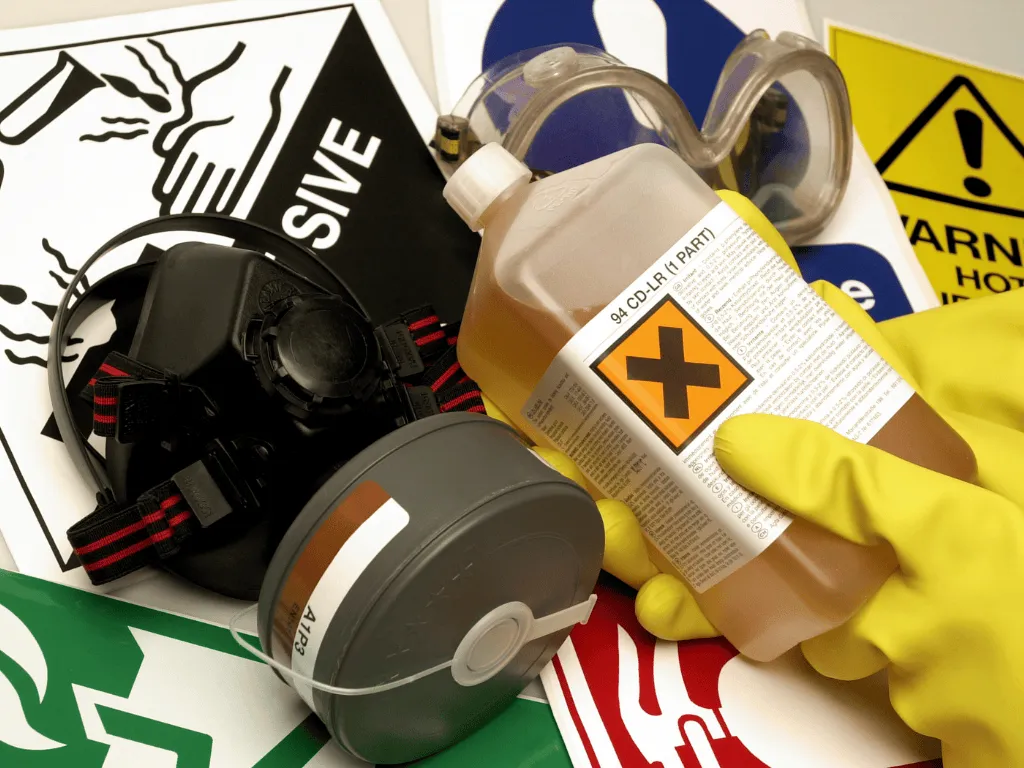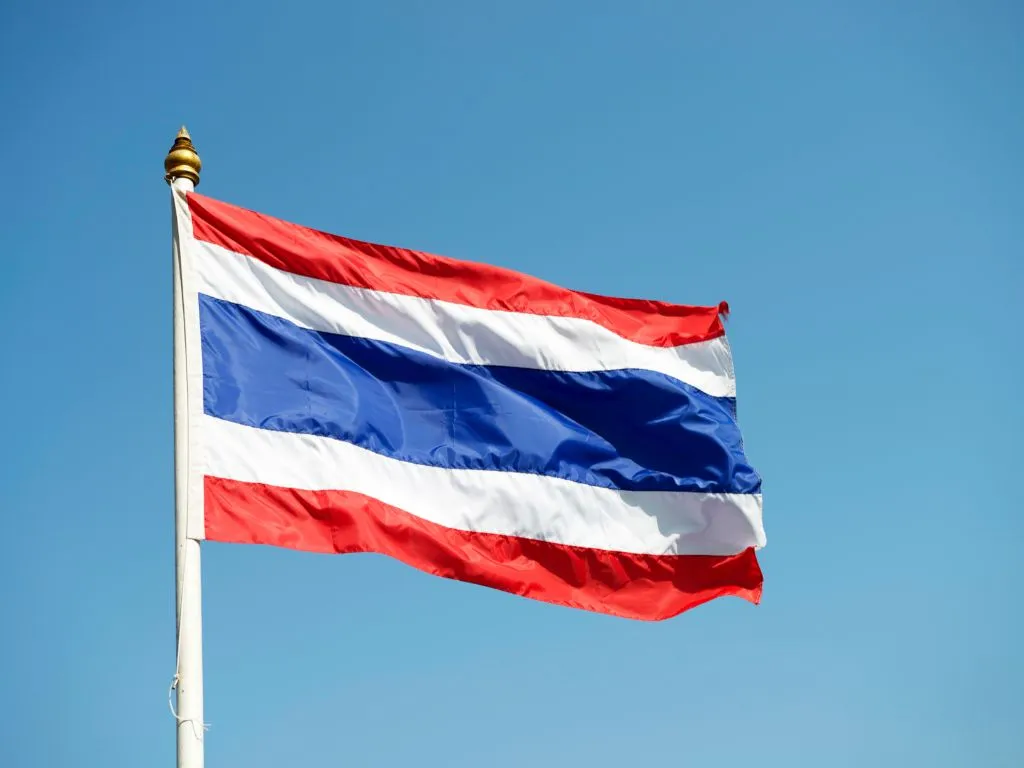
News

Oct-22-2025
On 20 October 2025, Thailand notified the WTO of a draft ministerial regulation requiring all dry-chemical portable fire extinguishers—new and refilled—to conform to Thai Industrial Standard (TIS) 332-2567 (2024).The draft regulation...
Read More
Aug-22-2025
On 7 July 2025, Thailand's Ministry of Industry published the Notification on Hazardous Substances List (No. 8) B.E. 2568 (2025) in the Royal Gazette. The notification was signed on 5 June...
Read MoreIf you want to access the GHS report, please Register here in GPC Intelligence Portal click here
